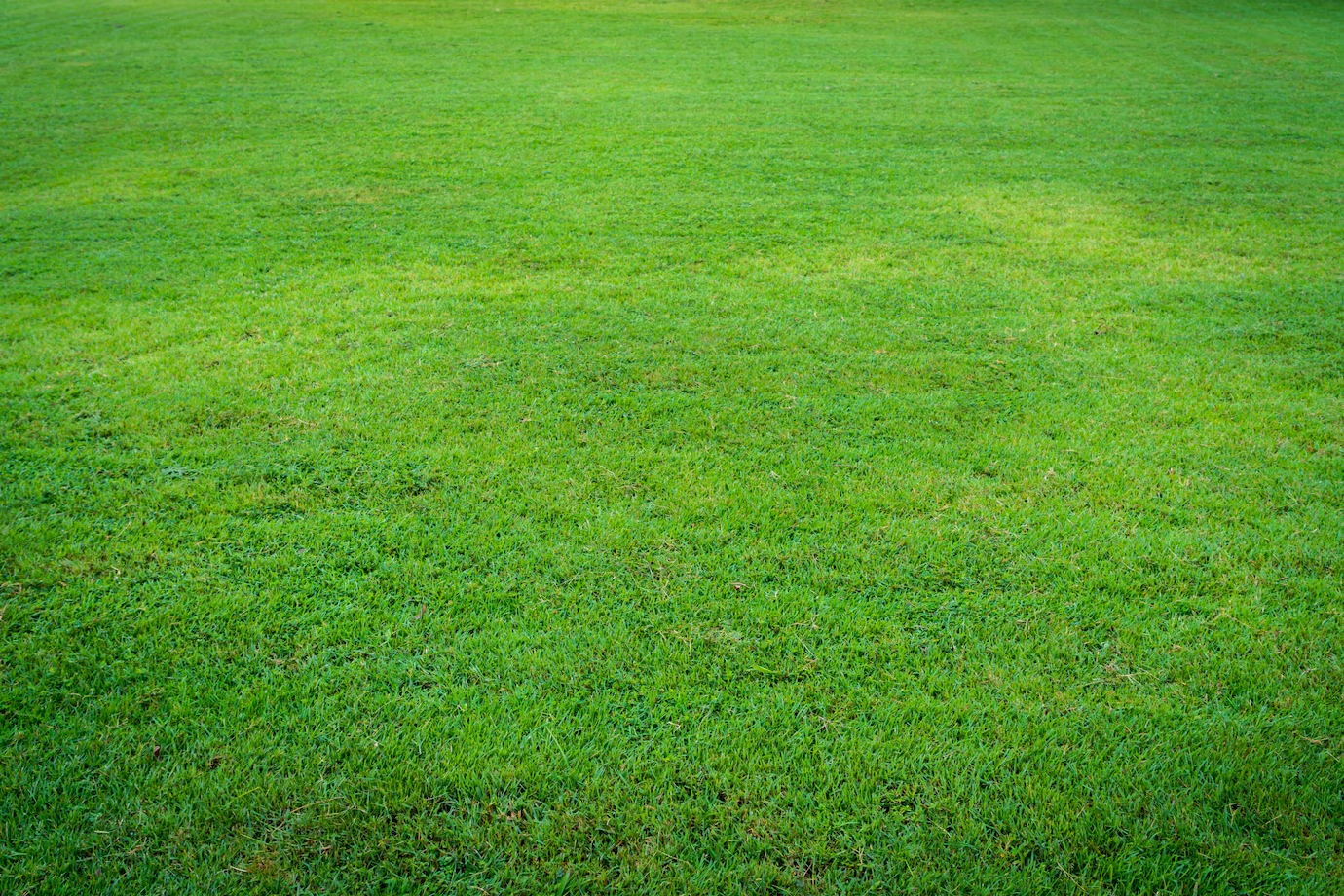Bermuda grass (Cynodon dactylon) is a tough, fast-spreading weed that can quickly take over lawns, gardens, and flower beds. While it’s drought-resistant and durable, its aggressive growth makes it a nuisance for many homeowners. If you’re wondering how to get rid of Bermuda grass permanently, you’ll need a combination of manual, chemical, and preventive methods.
In this comprehensive guide, we’ll explore the best strategies to eliminate Bermuda grass for good, ensuring it doesn’t return to ruin your landscape.
Why Is Bermuda Grass So Hard to Remove?
Before learning how to get rid of Bermuda grass permanently, it’s important to understand why it’s so persistent:
-
Deep Root System: Bermuda grass has an extensive root and rhizome network, making it difficult to pull out completely.
-
Rapid Spread: It grows through seeds, stolons (above-ground runners), and rhizomes (underground stems).
-
Drought Resistance: Even in dry conditions, Bermuda grass can survive and regrow.
Because of these traits, simply pulling or mowing won’t permanently kill Bermuda grass. You’ll need a more strategic approach.
1. Manual Removal: Digging Up Bermuda Grass
One of the most effective ways to get rid of Bermuda grass permanently is by physically removing it. Here’s how:
Step 1: Water the Area
Moisten the soil to loosen the roots, making them easier to pull.
Step 2: Use a Shovel or Sod Cutter
Dig deep (at least 6-8 inches) to remove all roots and rhizomes. A sod cutter can help strip large sections.
Step 3: Sift the Soil
Check for leftover roots and discard them to prevent regrowth.
Pros:
-
Chemical-free method
-
Immediate results
Cons:
-
Labor-intensive
-
May not remove all roots
2. Smothering Bermuda Grass to Kill It Permanently
If you prefer a non-chemical method, smothering is an excellent way to eliminate Bermuda grass permanently.
How to Smother Bermuda Grass:
-
Cover with Cardboard or Newspaper – Layer thick cardboard or newspaper over the grass.
-
Add Mulch or Soil – Place 4-6 inches of mulch or compost on top.
-
Wait 4-6 Months – The lack of sunlight will kill Bermuda grass permanently.
Pros:
-
Organic and safe
-
Improves soil quality
Cons:
-
Takes time
-
Not ideal for large areas
3. Using Herbicides to Kill Bermuda Grass Permanently
For stubborn infestations, herbicides can help get rid of Bermuda grass permanently.
Best Herbicides for Bermuda Grass:
-
Glyphosate (Roundup) – A non-selective herbicide that kills all plants. Apply on a sunny day for best results.
-
Selective Grass Killers – Products like Fusilade II target only grasses, sparing broadleaf plants.
How to Apply Herbicides:
-
Mow First – Cutting the grass short helps herbicides penetrate deeper.
-
Spray Evenly – Apply when Bermuda grass is actively growing.
-
Repeat as Needed – Multiple applications may be necessary to permanently kill Bermuda grass.
Pros:
-
Effective for large areas
-
Fast-acting
Cons:
-
Can harm desirable plants
-
Requires careful handling
4. Solarization: Using Heat to Kill Bermuda Grass
Solarization uses the sun’s heat to eliminate Bermuda grass permanently.
Steps for Solarization:
-
Water the Area – Moist soil conducts heat better.
-
Cover with Clear Plastic – Secure a thick plastic sheet over the grass.
-
Leave for 4-8 Weeks – The trapped heat will kill Bermuda grass and its roots.
Pros:
-
Chemical-free
-
Also kills weed seeds
Cons:
-
Works best in hot climates
-
Takes time
5. Preventing Bermuda Grass from Returning
Even after removing Bermuda grass permanently, it can return if not properly managed.
Prevention Tips:
-
Install Barriers – Use landscape edging to block spreading rhizomes.
-
Plant Dense Ground Covers – Replace Bermuda grass with alternatives like clover or zoysia grass.
-
Regular Maintenance – Monitor and remove new shoots immediately.
Conclusion
Learning how to get rid of Bermuda grass permanently requires persistence and the right techniques. Whether you choose manual removal, smothering, herbicides, or solarization, consistency is key. By following these methods and taking preventive measures, you can eliminate Bermuda grass for good and enjoy a weed-free lawn.
For best results, combine multiple approaches and stay vigilant to ensure Bermuda grass doesn’t make a comeback.

Leave a Comment